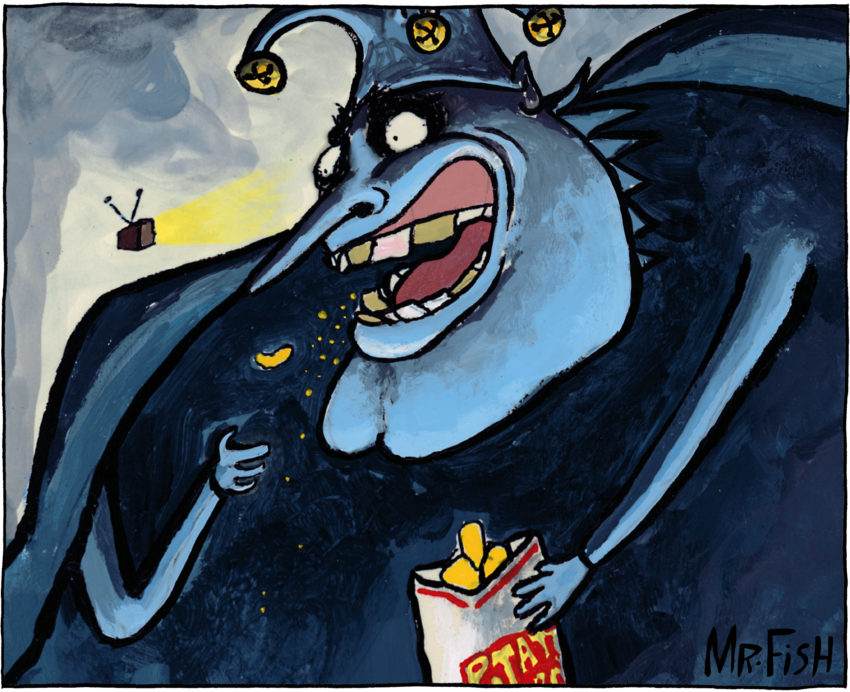I had a radio show and had on the hour weekly venue some very powerful thinkers, those who the majority of Americans never run into. Good stuff over at Truthdig with Chris Hedges’ latest, “Worshipping the Electronic Image.”
Daniel Boorstin in “The Image: A Guide to Pseudo-Reality in America” argues that the fabricated, the inauthentic and the theatrical have now displaced the natural, the genuine and the spontaneous. Reality has become stagecraft. We live in a world, he writes, “where fantasy is more real than reality.” He warns:
We risk being the first people in history to have been able to make their illusions so vivid, so persuasive, so ‘realistic,’ that they can live in them. We are the most illusioned people on earth. Yet we dare not become disillusioned, because our illusions are the very house in which we live; they are our news, our heroes, our adventure, our forms of art, our very experience.
Trump is a product of this cultural decay, not an aberration. The way he speaks, acts and thinks is the way many Americans speak, act and think. He will one day disappear, but the cultural degeneracy that produced him will remain. Academic institutions, which should be the repositories of culture and literacy, are transforming themselves, often with corporate money, into adjuncts of the digital age, expanding departments that deal with technology, engineering and computer science—the largest major at universities such as Princeton and Harvard—while diminishing the disciplines that deal with art, philosophy, ethics, history and politics. These disciplines, rooted in print, are the only antidotes to cultural death.
Here, then, Gregory Petsko, talking about why the arts, classics and anything other than the sciences are necessary for human civlization to move forward. He is a biochemist and MD and worked on the genome project. However, he defends the classics and liberal arts to the end, decrying colleges and universities chopping philosophy and ethics and other programs that fit outside the sciences, or in today’s parlance, STEM.
Those who seek to communicate outside of digital structures to question or challenge the dominant narrative, to deal in ambiguity and nuance, to have discussions rooted in verifiable fact and historical context, are becoming incomprehensible to most of modern society. As soon as they employ a language that is not grounded in the dominant clichés and stereotypes, they are not understood. Television, computers and smartphones have addicted a generation and conditioned it to talk and think in the irrational, incoherent baby talk it is fed day after day. This cultural, historical, economic and social illiteracy delights the ruling elites who design, manage and profit from these sophisticated systems of social control. Armed with our personal data and with knowledge of our proclivities, habits and desires, they adeptly manipulate us as consumers and citizens to accelerate their amassing of wealth and consolidation of power.
This is how I feel everyday, and I am not some mintable intellectual, just a smart guy who knows his history, literature, science, cultures and tries to write himself out of a wet paper bag to have others understand.
First, why do humanities classes have low enrollment? Petsko argues:
” You see, the reason that humanities classes have low enrollment is not because students these days are clamoring for more relevant courses; it’s because administrators like you, and spineless faculty, have stopped setting distribution requirements and started allowing students to choose their own academic programs – something I feel is a complete abrogation of the duty of university faculty as teachers and mentors. You could fix the enrollment problem tomorrow by instituting a mandatory core curriculum that included a wide range of courses. “


